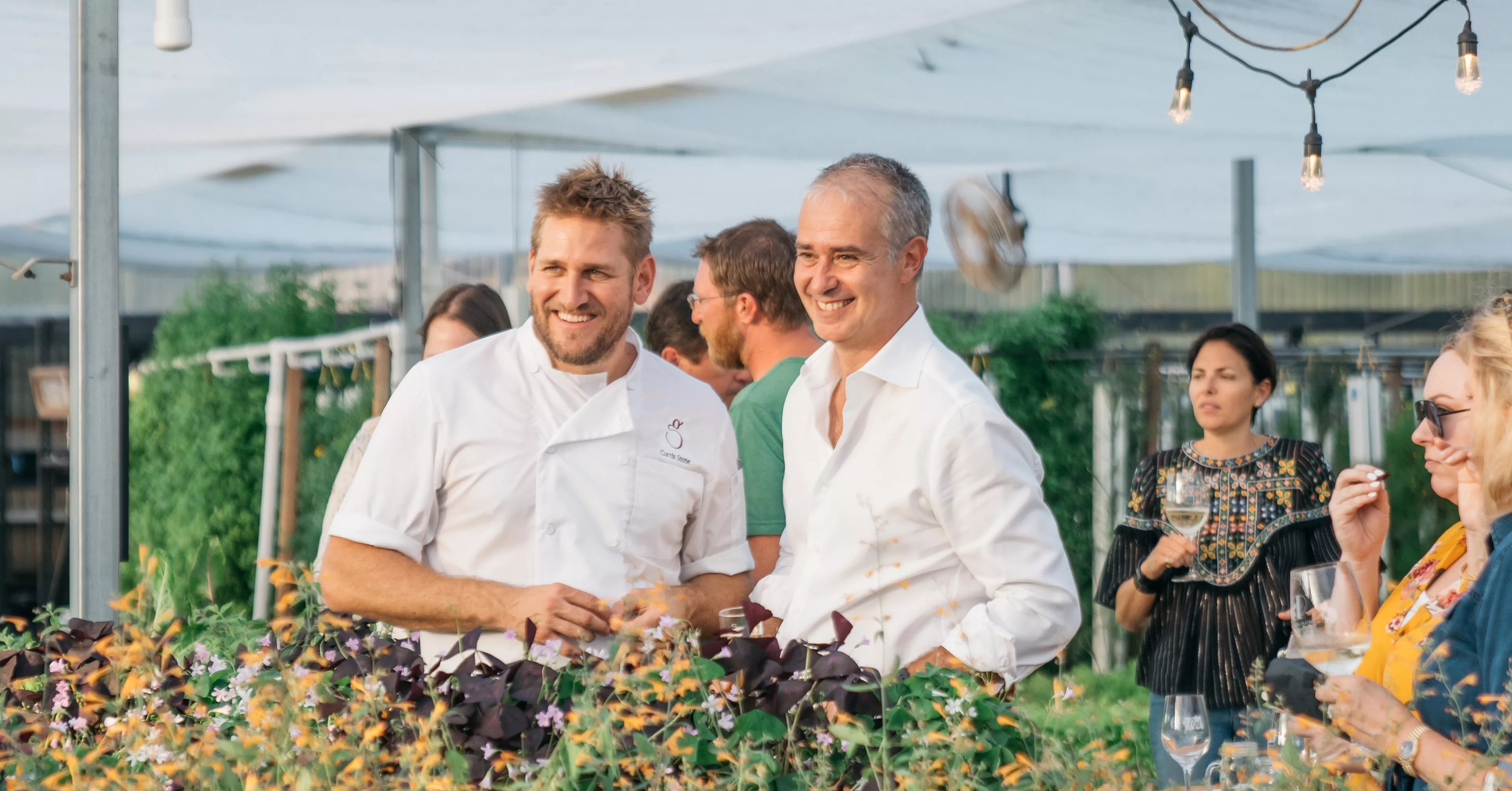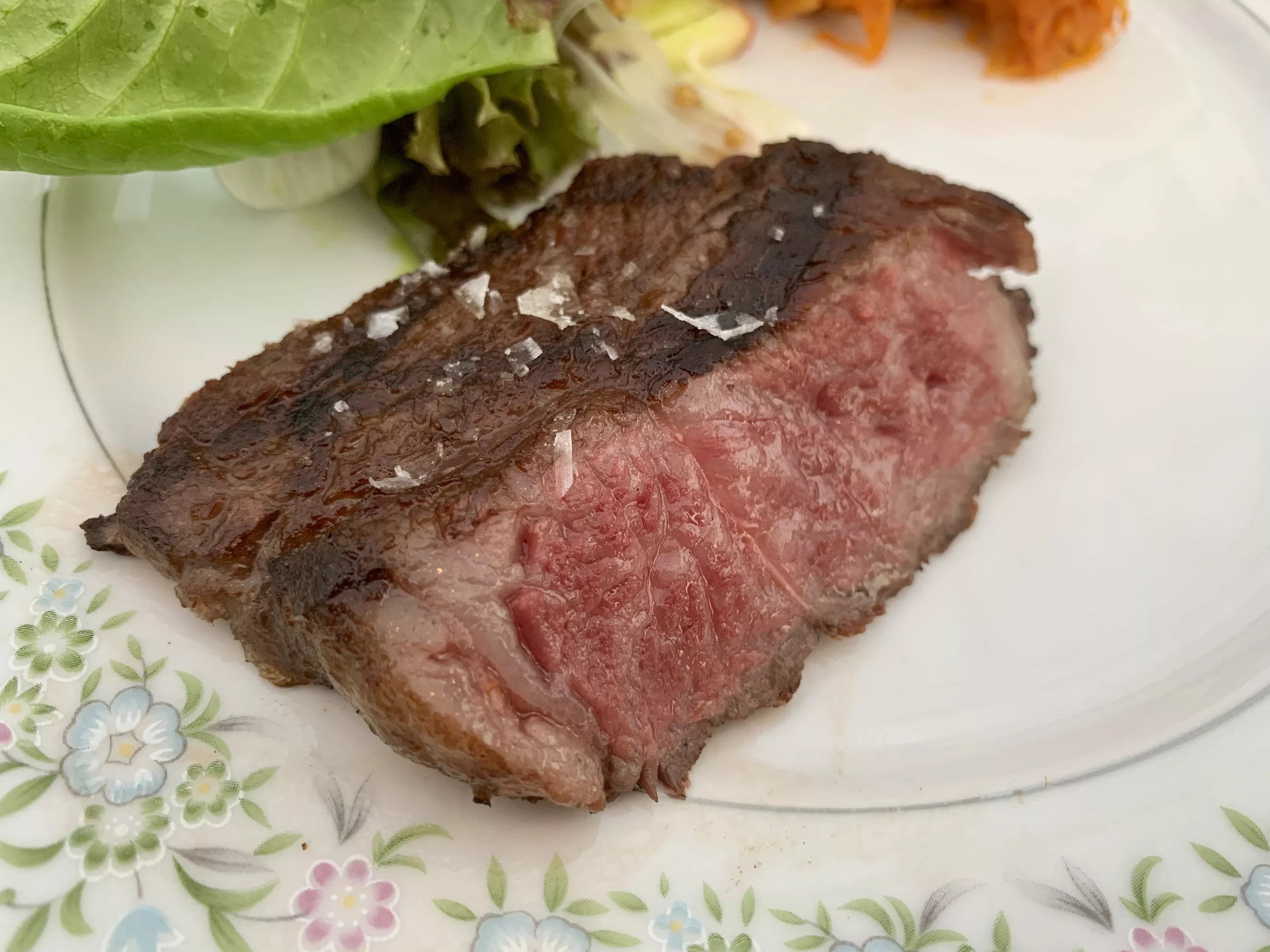
Shawn Roller

Audio By Carbonatix
Editor’s note: On Tuesday, restaurant critic Brian Reinhart wrote an essay about the rise in the number of what he called “servant restaurants,” those high-price places that primarily cater to extremely rich customers, and what that rise means for the city’s restaurant industry. (It’s not good, he contends.) Not everyone shared Brian’s viewpoint, to put it nicely, including local restaurateur Stephan Courseau, who agreed to share his response with our readers.
I read Brian Reinhart’s article, and as he chose to cite me and my restaurants several times, I decided to reflect on what he had to say in his article.
Let me first say that I have enjoyed reading Mr. Reinhart’s reviews, and while I do not always share his views, there have been several instances when I did.
His article a couple of months ago about steakhouses in Dallas was one that I particularly enjoyed as I shared a lot of his views.
Isn’t diversity about allowing different types of experiences and establishments?
While I can understand the angle of the “servant restaurants” article, that too many expensive restaurants could kill the food scene of a city… I am distressed by the approach Mr. Reinhart takes as he goes on a diatribe about social classes’ warfare. “Rich Fools, inequality, mostly white, undiversified, social status, elite, etc…”
Mr. Reinhart talks about diversity, championing the “host of creative, diverse, young chefs, working the pop-up scene serving bites of their food at breweries, private parties” … “Dallas is full of creative tacos, ramen, banh mi, pastas, barbecue, sushi rolls, arepas and deviled eggs …”
I agree with him and love the above mentioned as well!
But isn’t diversity about allowing different types of experiences and establishments?
Mr. Reinhart mentions Le Bernardin in New York. Don’t we all wish that along with the ramen shops, wonderful tacos and banh mi, Dallas could step up to the national food scene the same way New York always has?
New York, Chicago and most recently Los Angeles have been able to have these two worlds not only coexist but in many ways help each other. How many alumni of New York’s top restaurants have learned their craft next to great chefs in kitchens who would strive for flawless execution and then, went on their own way and opened more humble restaurants with fantastic food? Should Dallas give up on that?
Mr. Reinhart mentions how he, himself, enjoys fancy meals and Champagne when he doesn’t have to pay the bill. Well, a lot of restaurant-goers look at that special occasion when they look for an elevated experience and are happy to have that choice offered to them.
The real question, not really discussed in the article, is the value one will find in paying a higher price for a meal.
In my opinion, it is true for everything, and everyone has their own (choice). It can be for a car, clothes, travel and so many things in life. Food is obviously part of that equation. A lot of people don’t see the value in eating organic or mindfully grown products.
Which brings me to another side of the article, more personal, I admit. Mr. Reinhart goes on to name all my restaurants and therefore implying that they fall under the same model, labeling me like an old pro of that genre (the “servants restaurants”).
He sounds like he knows me so well, as well as my partner Curtis Stone, who happens to be a chef who has been at the helm of two Michelin star-rated restaurants (most recently his own, Maud in Beverly Hills).

A sample of wagyu from Curtis Stone at a dinner earlier this year.
Taylor Adams
For his information, Up on Knox has an average price per person at night that oscillates between $55 and $65. Le Bilboquet has an average about $20 higher. Both restaurants offer wines by the glass under $10. Up on Knox has a happy hour that discounts food, drinks and wines by 50% to make it affordable to a larger audience. (By the way, these are our regular offers, not a different level of quality for products.)
Both restaurants work exclusively with local farmers, ranchers and growers that are mindful of the way they produce the food we are preparing. Their prices are about 30% higher than what we can find on the market elsewhere. The $390 steak we are serving at Georgie is not only the product of incredible farming but also enough to be shared among six people.
We choose to work with these farmers and growers because we want to support them and believe in what they do. We see value in their work.
It is one’s decision to feed his or her body with a distinct type of food. An Ora King Salmon will always be more expensive than a farm-raised salmon that has been fed with GMO nutrients.
I won’t bore you with the “in-house” social aspect of our operations but will point out that even our dishwashers are paid, on average, at least $5 to $6 above minimum wage and get one full week of paid vacation after a year, two weeks after three years.
Ironically enough, Up on Knox came to life as an attempt to give great and healthy food to an audience beyond the usual patrons of what Mr. Reinhart calls “servant restaurants.”
Diversity of background, ethnicity and social status is at the heart of what we do there, and the clientele reflects it on a daily basis.